- About Us
- Our Services
Our Services
We are dedicated to provide comprehensive planning and solutions for wealth distribution, wealth succession, estate administration for individuals and families.
Personal
Professional
- Resources
- Support
- Client
We are dedicated to provide comprehensive planning and solutions for wealth distribution, wealth succession, estate administration for individuals and families.


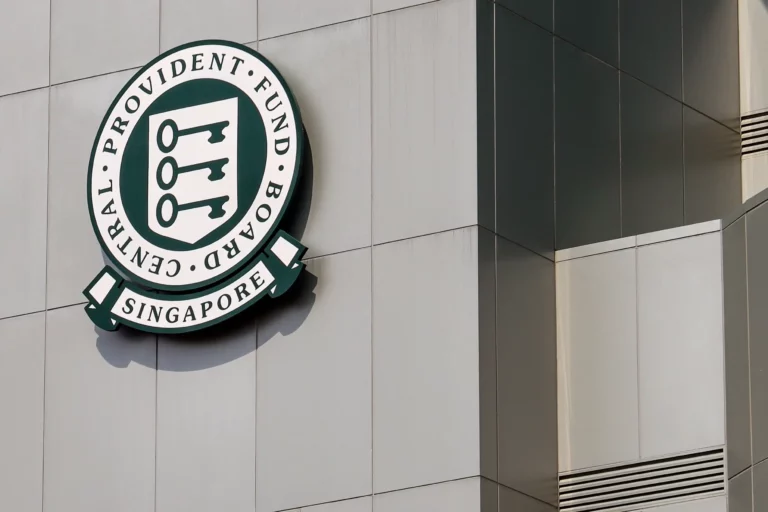


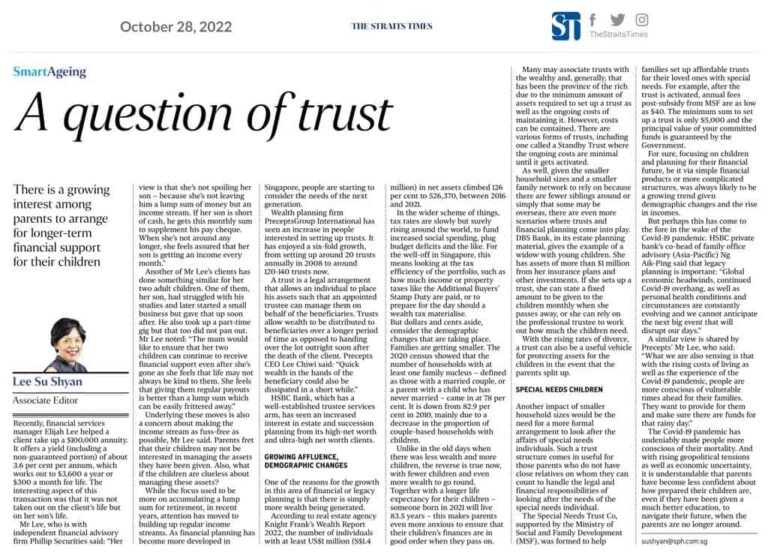
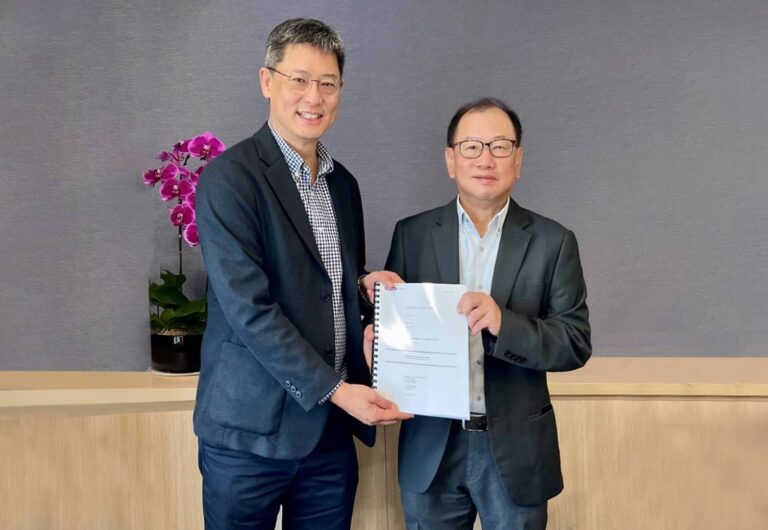



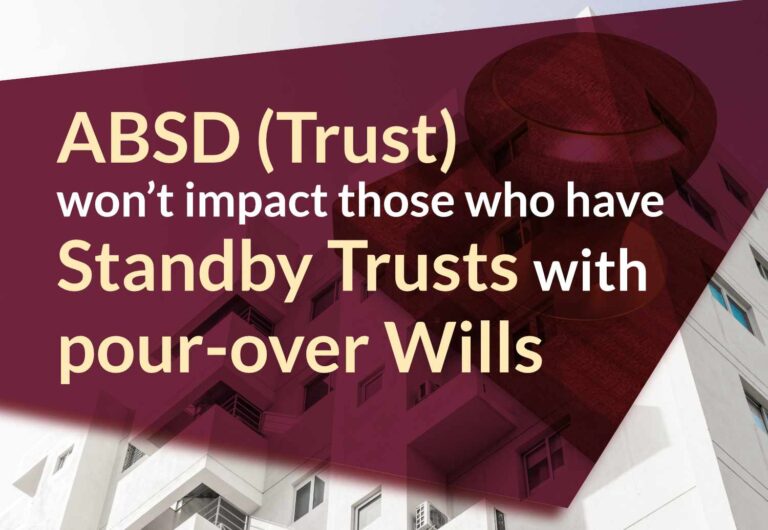
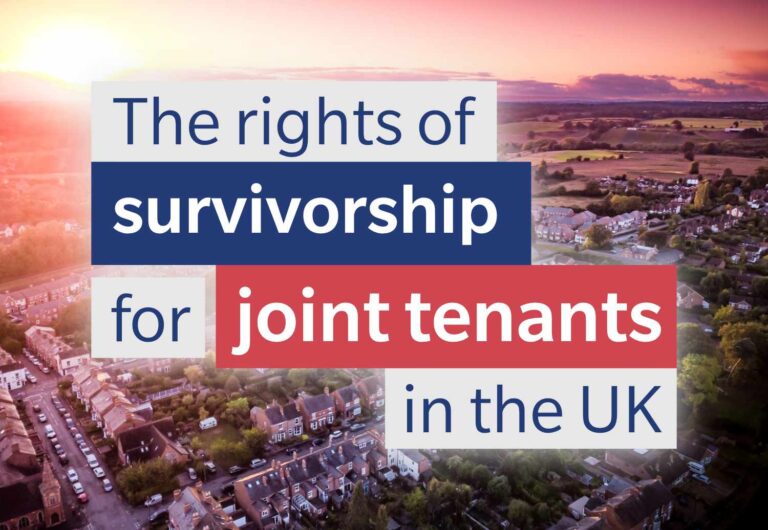
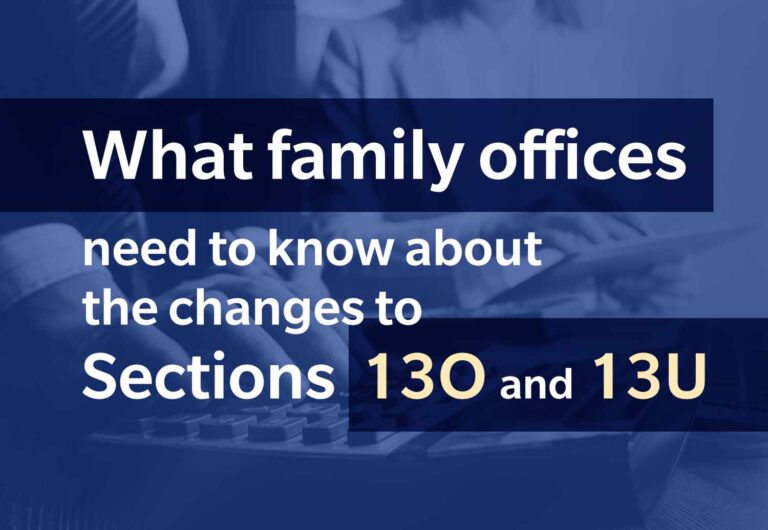
We are dedicated to provide comprehensive planning and solutions for wealth distribution, wealth succession, estate administration for individuals and families.